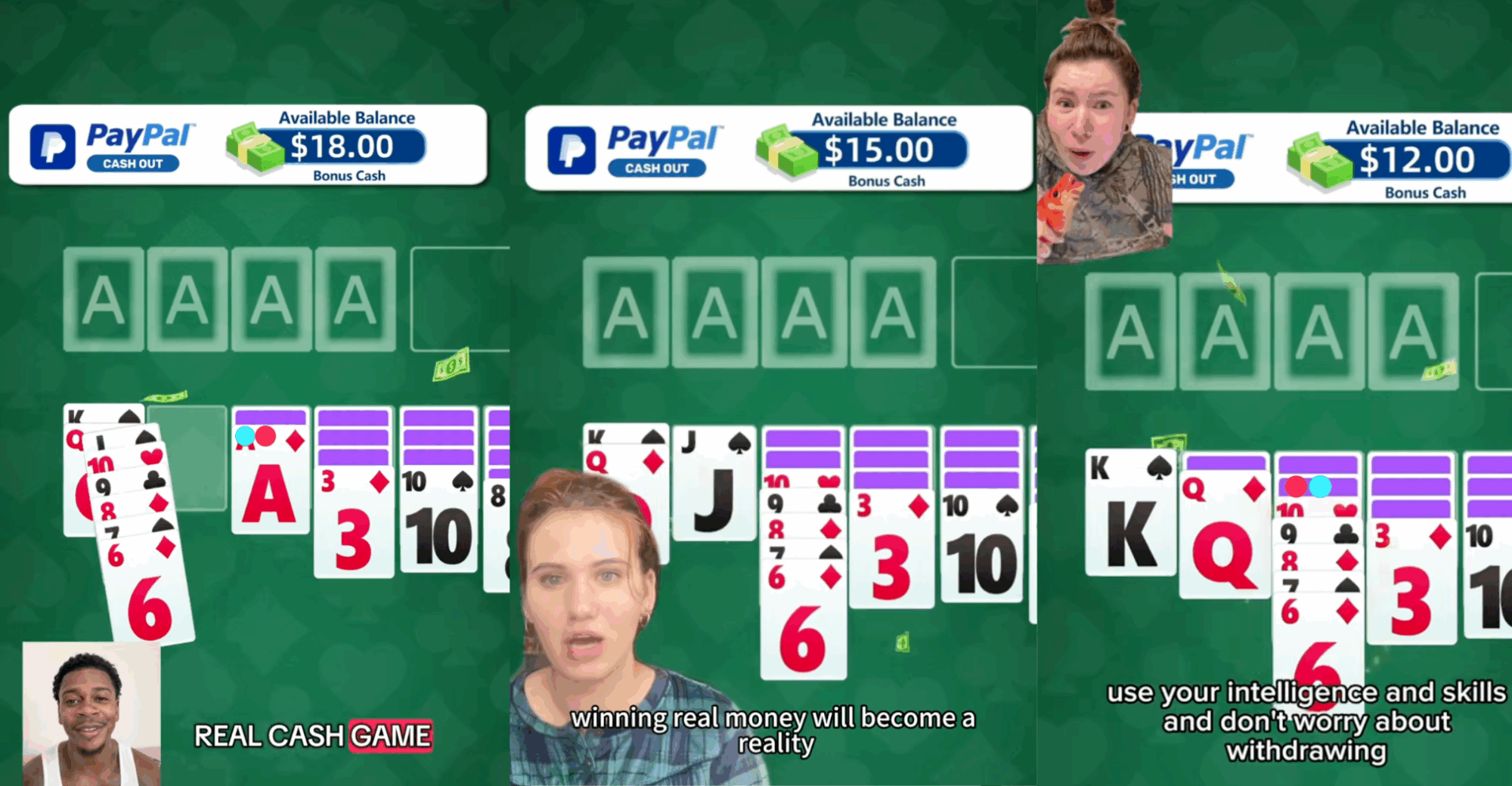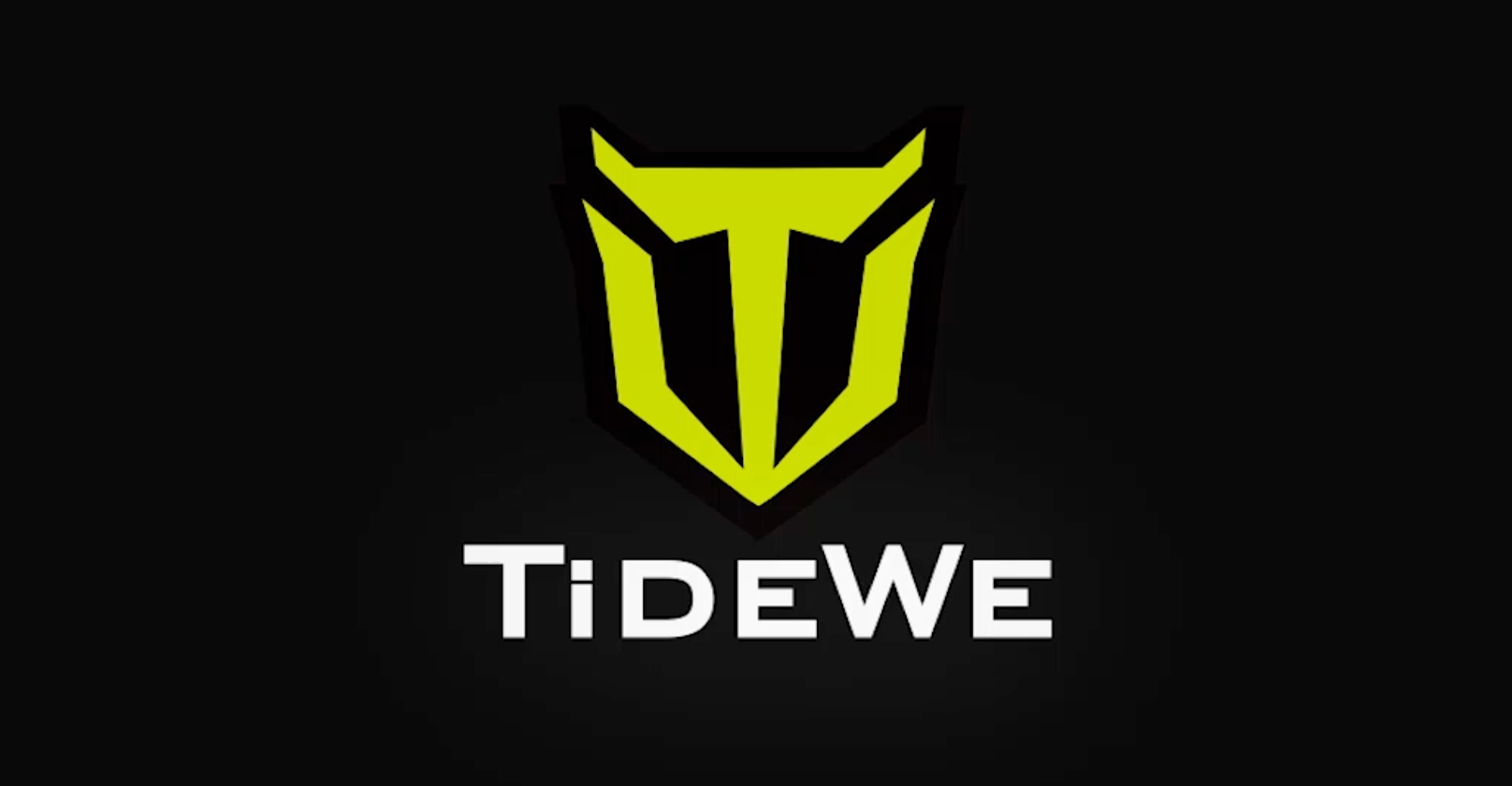
Quality Inn & Suites (Choice Hotels)
Guests say online pictures are misleading.
December 2013: The appeal was voluntarily dismissed, the reasons for which have not been disclosed.
November 2013: An objector filed a Notice of Appeal regarding the approval of the settlement.
October 2013: A federal judge granted final approval of the settlement agreement.
September 2013: Plaintiffs moved for final approval of a settlement agreement that would provide class members either an iTunes store credit or a cash refund. Apple also agreed to provide consumers with more information about parental controls that may be set to disable In-App purchases or require a password before every In-App purchase.
2011: Plaintiffs filed a class-action lawsuit alleging that Apple hid charges in children’s game apps. This lawsuit was triggered by an FTC investigation into Apple’s apps aimed at minors and the related purchasing policies after learning that game developers were advertising “free” children’s games on iTunes and then charging high prices for in-app purchases of “Gaming Currency” without clearly warning parents. (Plaintiffs filed an amended complaint in 2013.) (In re: Apple In-App Purchase Litigation, Case No. 11-cv-1758, N.D. Cal.)
For more information about other class-action lawsuits filed against Apple and TINA.org’s coverage of the company, click here.
Guests say online pictures are misleading.
What you see on the website may not be what you get.
Why diabetes patients should research carefully before buying.
Can you really make bank playing solitaire on your phone?
Don’t get lost in this outdoor company’s dubious origin story.



